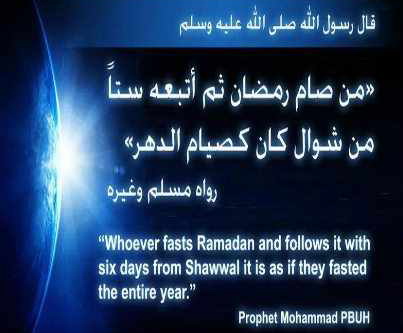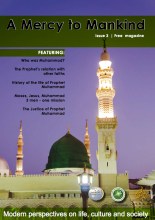The Prophet of Mercy Website
Muslim World League - Global Commission for Introducing the Messenger
The Muslim community constituted to grow after Prophet Muhammad's death. Within a few decades, vast numbers of people across three continents - Africa, Asia, and Europe - had chosen Islam as their way of life.
One of the reasons for the rapid and peaceful spread of Islam was the purity of its doctrine - Islam calls for faith in only one God. This, coupled with the Islamic concepts of equality, justice and freedom, resulted in a united and peaceful community. People were free to travel from Spain to China without fear, and without crossing any borders.
As millions of people embraced Islam, they brought with them the heritage of ancient civilizations like Egypt, Greece, India, Persia, and Rome. Muslims cherished these cultures' knowledge and took great pains to preserve their libraries and honor and the scholars residing in their cities.
Many Muslim scholars traveled to these cities seeking knowledge. They translated into Arabic volumes of philosophical and scientific works from Greek and Syriac languages (the languages of Eastern Christian scholars), from Pahlavi (the scholarly language of Pre-Islamic Persia), and from Sanskrit (an ancient Indian language). As a result, Arabic became the language of worldly scholarship, and people migrated from all over the world to study in the Muslim Universities.
By 850, most of the philosophical and scientific works of Aristotle; much of Plato and Pythagorean school; and the major works of Greek astronomy, mathematics and medicine such as the Almagest of Ptolemy, the Elements of Euclid, and the works of Hippocrates and Galen, were all rendered into Arabic. Furthermore, important works of astronomy, mathematics and medicine were translated from Pahlavi and Sanskrit. For the next 700 years, Arabic became the most important scientific language of the world and the repository of much of the wisdom and the sciences of antiquity.
The achievement of scholars working in the Islamic tradition went far beyond translation and preservation of ancient learning. These scholars built upon the ancient heritage with their own scientific advances. These advancements were a direct cause of the Renaissance in Europe.
Muslims excelled in art, architecture, astronomy, geography, history, language, literature, medicine, mathematics, and physics. Many crucial systems such as algebra, the Arabic numerals, and the very concept of zero (vital to the advancement of mathematics), were formulated by Muslim scholars and shared with medieval Europe. Muslims invented sophisticated instruments that made future European voyages of discovery possible: the astrolabe, the quadrant, and detailed navigational maps and charts.
******






